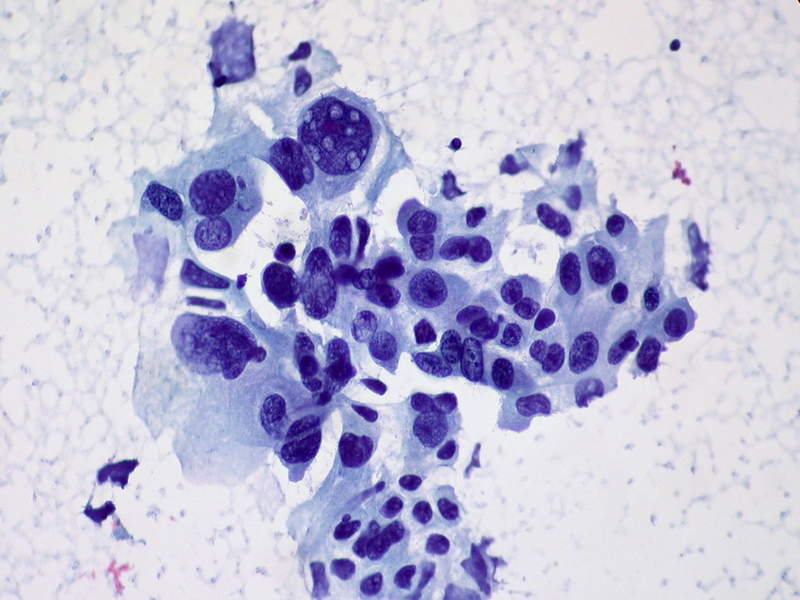
Merck has reported positive five-year data from the Phase Ib KEYNOTE-001 study of Keytruda as a single agent in advanced non-small cell lung cancer (NSCLC).
According to the results, the anti-programmed cell death protein 1 (PD-1) drug led to 23.2% overall survival (OS) rate in treatment-naïve patients and 15.5% in previously treated subjects over five years.

Discover B2B Marketing That Performs
Combine business intelligence and editorial excellence to reach engaged professionals across 36 leading media platforms.
The study involved one of the longest follow-ups for the drug in lung cancer, which showed a five-year OS rate of 29.6% in treatment-naïve patients with PD-L1 expressing tumours. In previously treated patients, the rate was observed to be 25%.
Median follow-up of 60.6 months showed an objective response rate (ORR) of 41.6% in treatment-naïve patients and 22.9% in participants who had prior treatment.
Of the 60 subjects who were on Keytruda for two or more years, treatment-naïve patients showed a 78.6% OS rate, while previously treated patients had 75.8%. In these subjects, the ORR was 86% and 91%, respectively.
Meanwhile, the median duration of response (DOR) was found to be 52 months in treatment-naïve subjects, while previously treated patients did not reach the range.

US Tariffs are shifting - will you react or anticipate?
Don’t let policy changes catch you off guard. Stay proactive with real-time data and expert analysis.
By GlobalDataDuring the trial, the safety profile of the drug was consistent with that of previously reported studies in advanced NSCLC patients.
Treatment-related adverse events (TRAE) of any grade were found in 71% of patients receiving Keytruda. The most commonly reported immune-mediated adverse event was hypothyroidism, followed by pneumonitis, hyperthyroidism and skin toxicities.
Merck Research Laboratories senior vice-president and chief medical officer Dr Roy Baynes said: “Five-year survival is a significant milestone for patients with advanced non-small cell lung cancer, and it is encouraging to see the long-term overall survival rates from our first KEYNOTE study.
“These five-year data provide important insights into the long-term safety and efficacy of Keytruda in patients with advanced non-small cell lung cancer.”
The company reported positive outcomes from other trials assessing the drug in NSCLC, including KEYNOTE-189.





